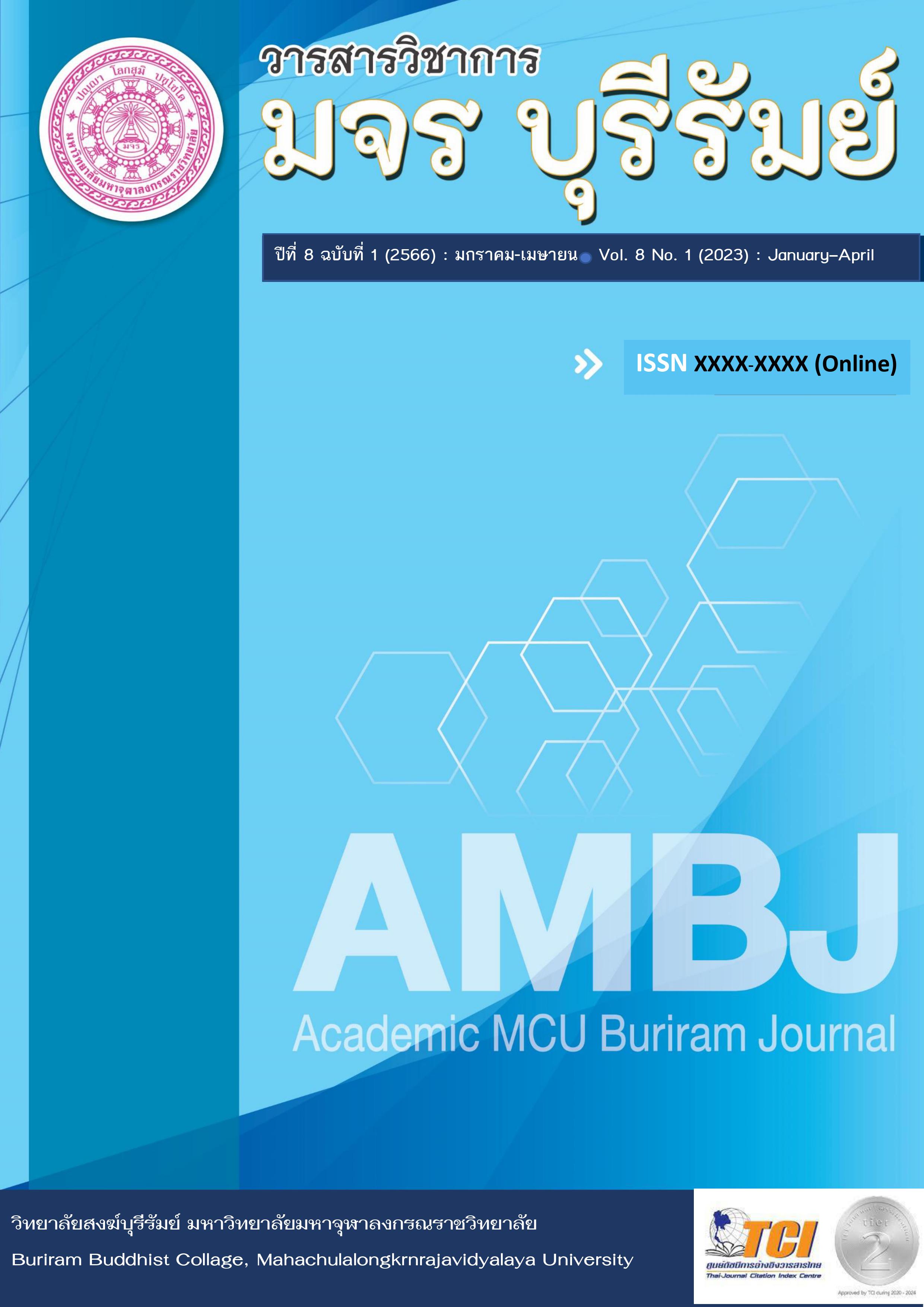The Guideline of Development the Ethics of Professional of Electrical Engineering in Nakhonratchasima Province
Keywords:
Ethics, Profession, Electrical EngineeringAbstract
The purpose of this research were 1) to study the problem of professional ethics in electrical engineering in Nakhon Ratchasima Province, 2) to study the Four Noble Truths in the development of professional ethics in electrical engineering, and 3) to study the guidelines for the development of professional ethics in electrical engineering in Nakhon Ratchasima province according to the Four Noble Truths by visiting the area for interviews and group discussions of 30 people, in 2 districts, Phimai and Non Daeng districts, Nakhon Ratchasima province.
The research results found that:
1. Professional Ethics in Electrical Engineering in Nakhon Ratchasima Province; There are public ethical issues, professional impacts, employers, and the problems of co-workers. The cause of the problem is unethical behavior.
2. The Four Noble Truths in the development of professional ethics in electrical engineering, nowadays the profession of an engineer is stressful. It is an individual condition in which the body reacts to a threat, causing physical, mental, and emotional changes. The practice of the Four Noble Truths in reducing stress problems is 1) to determine knowing and understanding problems that have already arisen to determine the reality, 2) to determine the cause of the problem; it is a solution to alleviating stress of an engineering career, 3) to determine the solution of the problem is to have clear goals, and 4) to formulate practices for solving problems with the Noble Eightfold Paths to achieve thorough understanding.
3. Guidelines for the development of professional ethics in electrical engineering in Nakhon Ratchasima province according to the 4 Noble Truths, namely: 1) Public Ethics; for personnel of the electrical engineering profession to know and use it as a guideline for conducting themselves by existing codes of conduct, regulations, laws, and corporate values, 2) Professional Ethics; for personnel working in electrical engineering to know and use it as a guideline for conducting themselves by the code of conduct, regulations and laws, 3) Ethics towards employers; to control engineering professionals to practice their professions with honesty, and 4) Ethics towards professional associates; to strengthen the unity of the same professional group is, to be honest with fellow professionals, not to do anything to damage the reputation of engineering professionals for themselves and others.
References
ณัฐณิชากร ศรีบริบูรณ์. (2550). การพัฒนาโมเดลเชิงสาเหตุของจิตอาสา ของนักเรียนมัธยมศึกษาตอนปลาย ในโรงเรียนสังกัดสำนักงานคณะกรรมการการศึกษาขั้นพื้นฐาน. วิทยานิพนธ์ครุศาสตรมหาบัณฑิต สาขาครุศาสตร์. บัณฑิตวิทยาลัย: จุฬาลงกรณ์มหาวิทยาลัย.
มหาจุฬาลงกรณราชวิทยาลัย. (2539). พระไตรปิฎกภาษาไทย ฉบับมหาจุฬาลงกรณราชวิทยาลัย. กรุงเทพมหานคร: โรงพิมพ์มหาจุฬาลงกรณราชวิทยาลัย.
มหาจุฬาลงกรณราชวิทยาลัย. (2539). พระไตรปิฎกฉบับภาษาบาลี ฉบับมหาจุฬาฯ เตปิฎกํ. กรุงเทพมหานคร: โรงพิมพ์มหาจุฬาลงกรณราชวิทยาลัย.
ราชบัณฑิตยสถาน. (2548). พจนานุกรมศัพท์ศาสนาสากล. พิมพ์ครั้งที่ 1. กรุงเทพมหานคร: โรงพิมพ์อรุณการพิมพ์.
Downloads
Published
How to Cite
Issue
Section
License
Copyright (c) 2023 Academic MCU Buriram Journal

This work is licensed under a Creative Commons Attribution-NonCommercial-NoDerivatives 4.0 International License.
ทัศนะและความคิดเห็นที่ปรากฏในบทความวารสารฉบับนี้ถือเป็นความรับผิดชอบของผู้เขียนบทความนั้น ไม่ถือเป็นทัศนะและความรับผิดชอบของบรรณาธิการ





